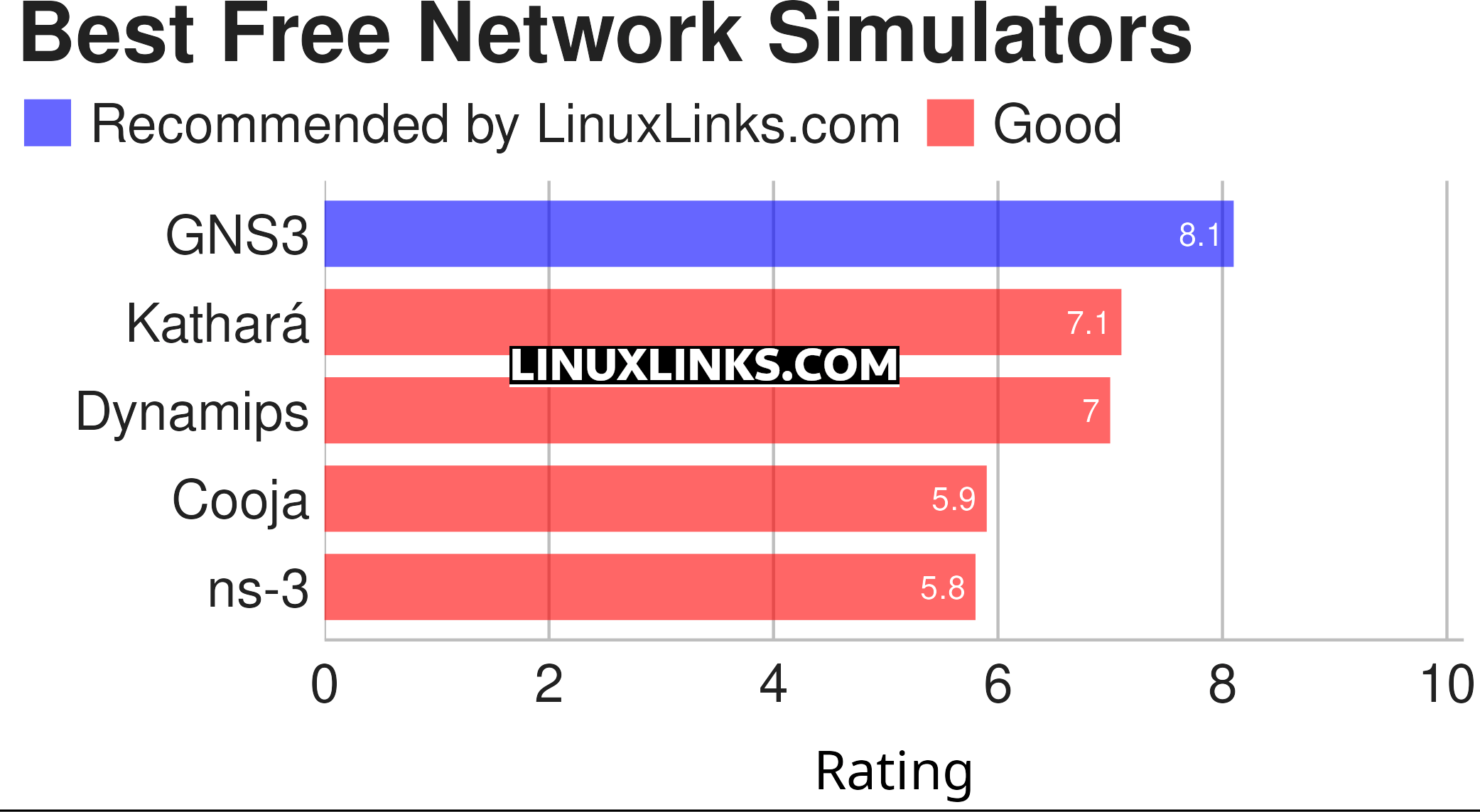Network simulation is a technique whereby a software program replicates the behavior of a real network. It allows for the simulation of different protocols over wired and wireless networks, and supports various network elements, protocols, traffic, and routing types.
Most simulators use discrete event simulation in which the modeling of systems in which state variables change at discrete points in time. The other type of network simulator is a link simulator that models an individual communications link in more detail.
Network emulation allows users to introduce real devices and applications into a test network (simulated) that alters packet flow in such a way as to mimic the behavior of a live network. Live traffic can pass through the simulator and be affected by objects within the simulation.
Network simulators are useful tools for teaching and learning how to create network topologies and imitate modern computer networks. Network simulators offer many other benefits, including cost efficiency, risk-free testing, flexibility, scalability, enhanced education and training opportunities, performance analysis, and support for protocol development.
We select the finest free and open source network simulators for Linux. Here’s our verdict captured in a legendary LinuxLinks-style ratings chart.

Click the links in the table below to learn more about each program.
| Network Simulators | |
|---|---|
| GNS3 | Emulate, configure, test, and troubleshoot virtual and real networks |
| Kathará | Lightweight network emulation system based on Docker containers |
| Dynamips | Emulate Cisco routers |
| Cooja | Network simulator written in Java |
| ns-3 | Discrete-event network simulator |
 Read our complete collection of recommended free and open source software. Our curated compilation covers all categories of software. Read our complete collection of recommended free and open source software. Our curated compilation covers all categories of software. Spotted a useful open source Linux program not covered on our site? Please let us know by completing this form. The software collection forms part of our series of informative articles for Linux enthusiasts. There are hundreds of in-depth reviews, open source alternatives to proprietary software from large corporations like Google, Microsoft, Apple, Adobe, IBM, Cisco, Oracle, and Autodesk. There are also fun things to try, hardware, free programming books and tutorials, and much more. |
